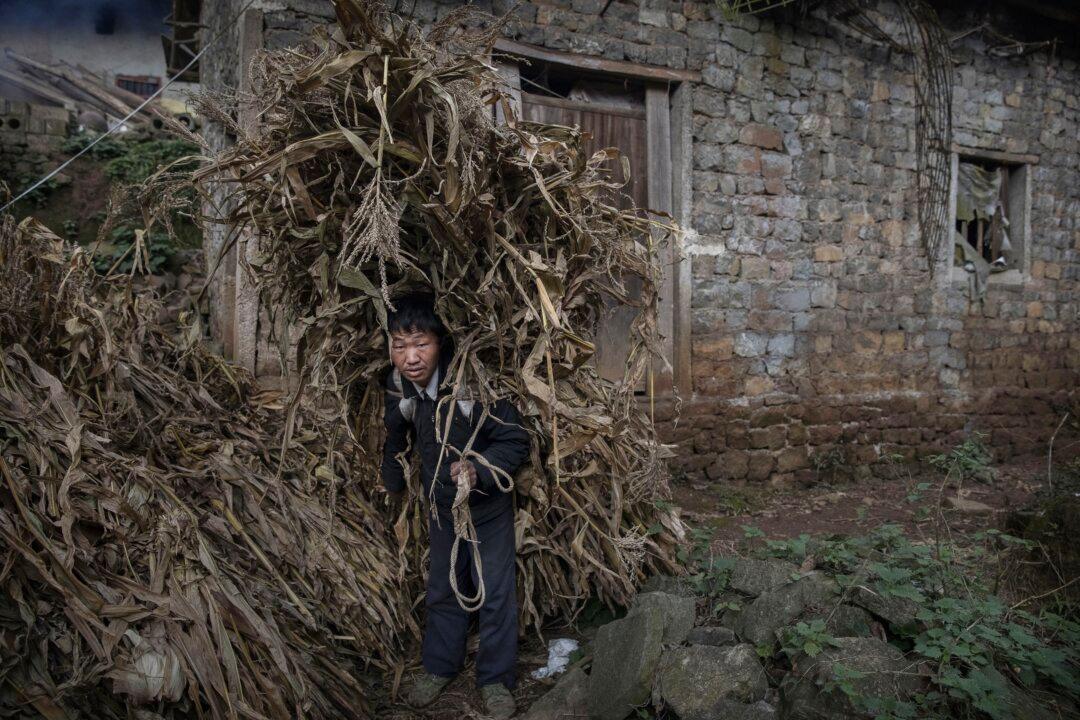A newly released Swiss-sponsored study reveals that China has not eradicated poverty, a “miracle” that Chinese leader Xi Jinping claims to have achieved.
On Feb. 25, the Chinese regime organized an awards ceremony, in which Xi announced China had eradicated poverty, based on China’s poverty standards.





